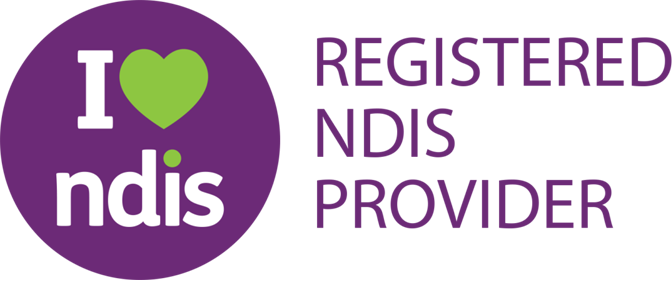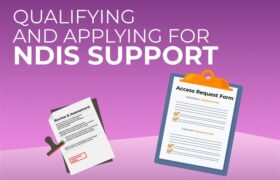How to choose the right support coordinator for you?
Support Coordinators are an important resource for many NDIS participants. But what exactly is a support coordinator and how do you find the right one? Read on to understand.
What is Support Coordination and how can it help?
A support coordinator can help you to find and manage your NDIS plan funding so you can achieve your goals. Funding for Support Coordination comes from the Capacity Building Budget in your plan, which must be stated in your plan to permit access to it. It helps you connect with NDIS service providers, community, mainstream, and other government services. A support coordinator or specialist support coordinator delivers and organizes services for people with disabilities.
Support Coordination is divided into three levels, each providing a different amount of assistance.
Level 1 – Support connection
The purpose of this support is to help you find and connect with informal, community, and funded support so that you can maximise the effectiveness of your plan and achieve your goals.
Level 2 – Coordination of supports
This support will help you build the skills required to understand and use your plan. It will help you with maintaining relationships, managing service delivery tasks, living more independently, and participating in the community.
Level 3 – Specialist support coordination
This is a higher level of support coordination for people with complex needs. With the assistance of a specialist support coordinator, you’ll be able to manage challenges in your support environment and ensure consistent service delivery.
How do I find the right support coordinator?
Finding the right support for your needs can be complicated, time-consuming, and even overwhelming at times. Participants have more choice and control over who provides support and how to access it under the NDIS than ever before. However, you may not want to source and manage multiple providers and services. This is where support coordination comes in handy.
The following factors should be considered when choosing a support coordinator:
Understand your surroundings: A support coordinator needs to have adequate knowledge of the providers and services available to help you achieve your goals.
Remain outcome-focused: The key responsibility of your support coordinator is to be able to assist you in achieving the goals or outcomes outlined in your NDIS plan. If they are not focused on achieving your outcomes, they are not doing their job.
Readily share information: A support coordinator should be able to explain to you how your plan works in a layman’s language.
Make you a priority: A support coordinator should partner closely with you and try to find flexible solutions that meet your goals.
Here are the key questions you should consider asking your prospective support coordinators:
How long have you been offering Support Coordination?
How will you help me achieve my goals?
Have you worked with people who have similar goals, interests, family, age, disability type, support needs, etc.?
How will you charge me and what all is inclusive?
Is there a notice period for ending my service agreement?
To get more of these tips, visit https://www.9dcare.com.au/
Let’s first understand the role of a Support Coordinator. The role of a Support Coordinator revolves around assisting individuals in.
Disability is a part of life that requires understanding, cooperation, and encouragement. For those who experience it, finding the right.
The National Disability Insurance Scheme (NDIS) is crucial in supporting individuals with disabilities in Australia. Navigating NDIS reviews and appeals.
Investing in NDIS workforce training is not just a legal requirement but a strategic move that positively influences the quality.
For participants who are eligible, we highly recommend utilising NDIS plan management to assist in managing their NDIS plan funding..
The primary goal of assistive products is to retain or improve a person’s functioning and independence, thereby promoting their well-being..
Our team can come to you to discuss face to face your needs and discuss how we can best support you to achieve your goals. Contact us today to arrange an appointment.








